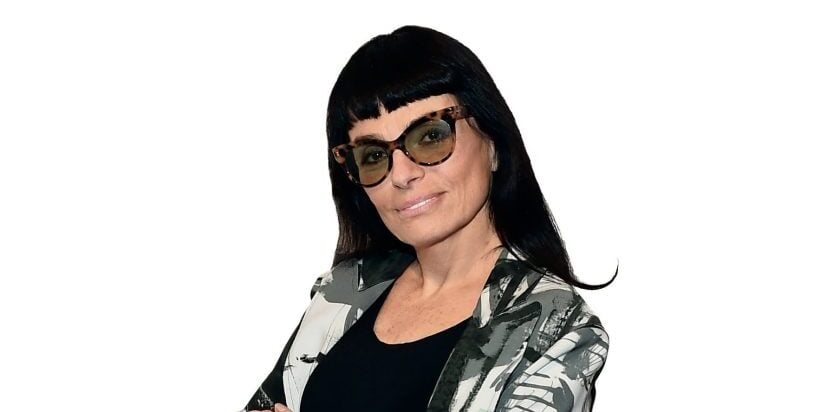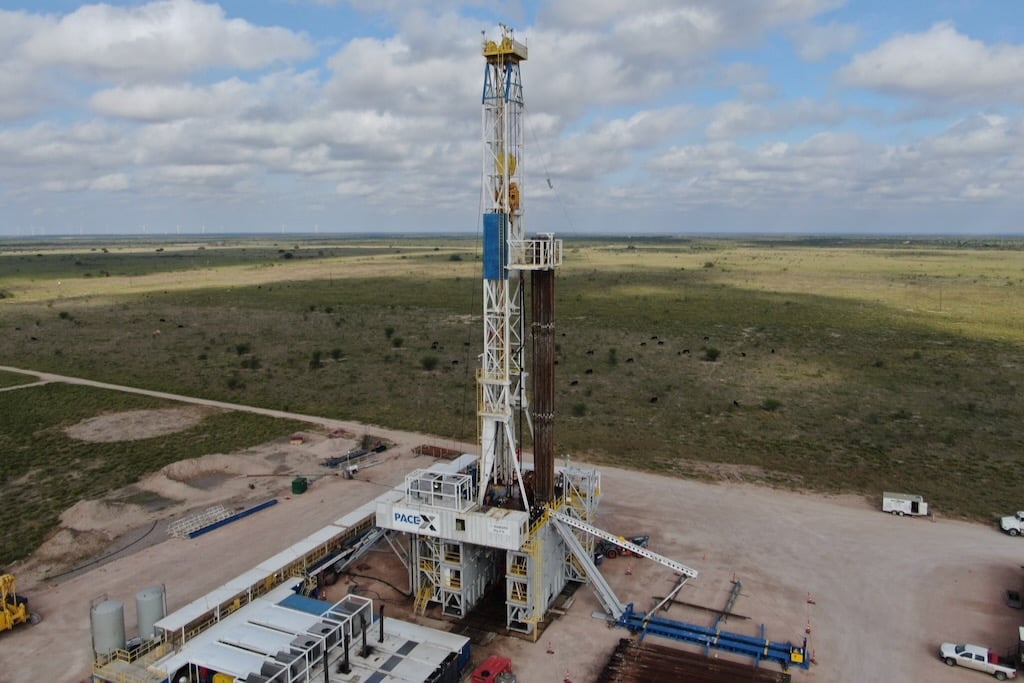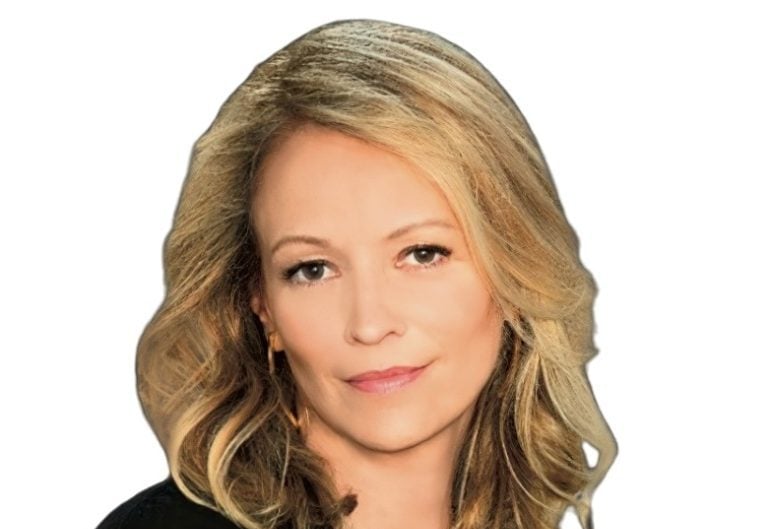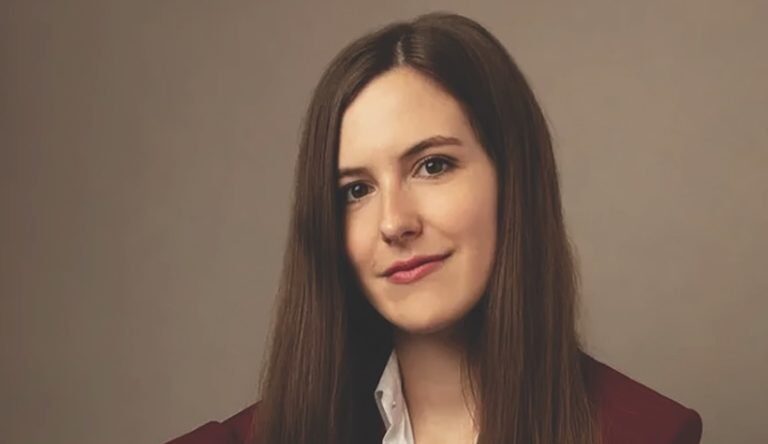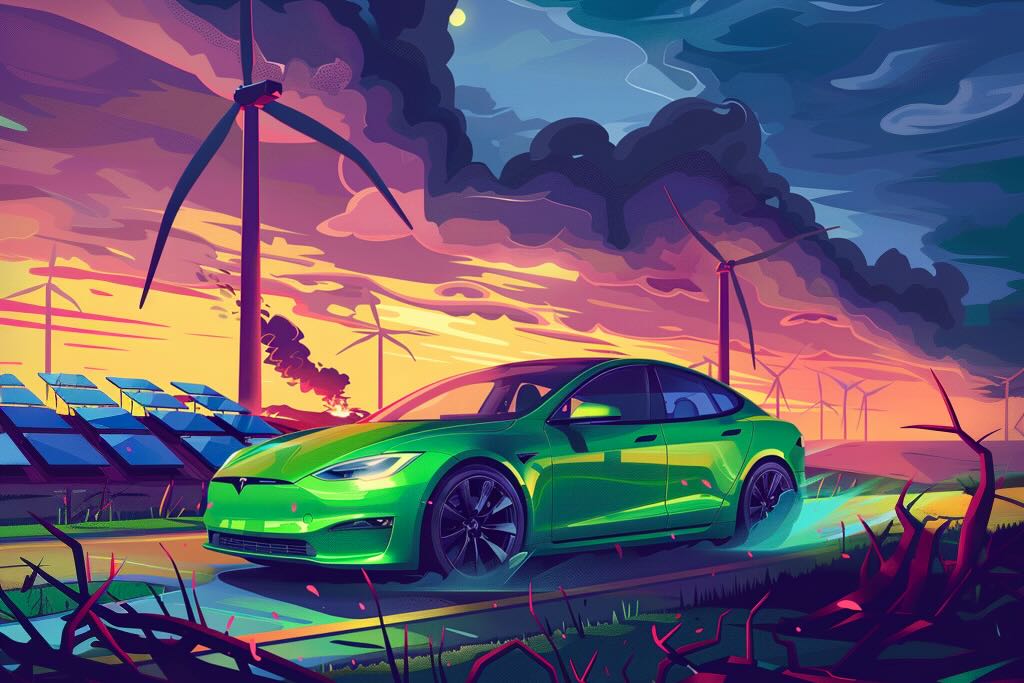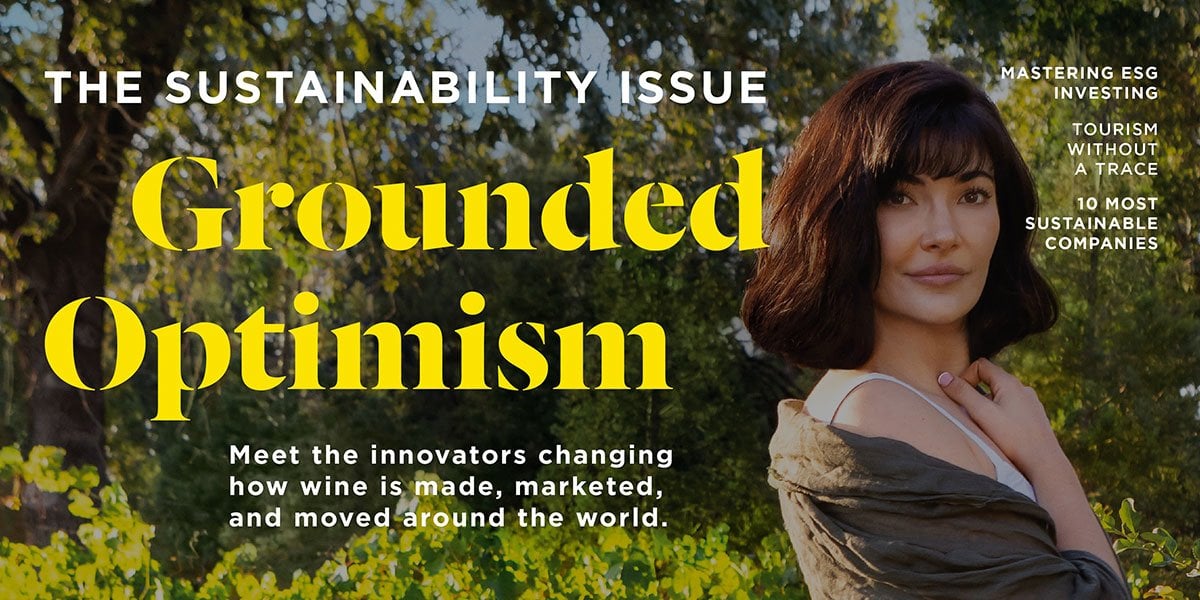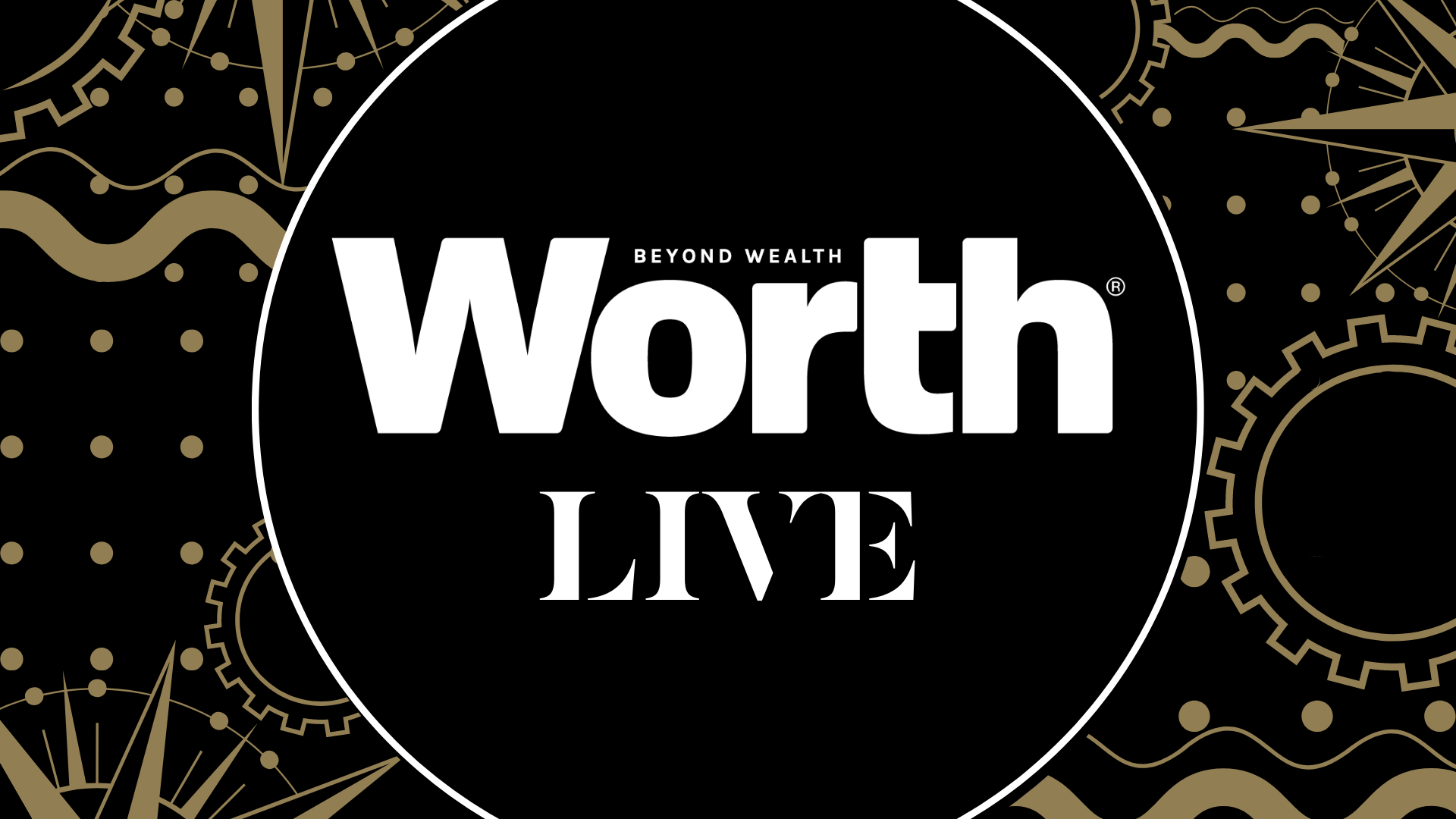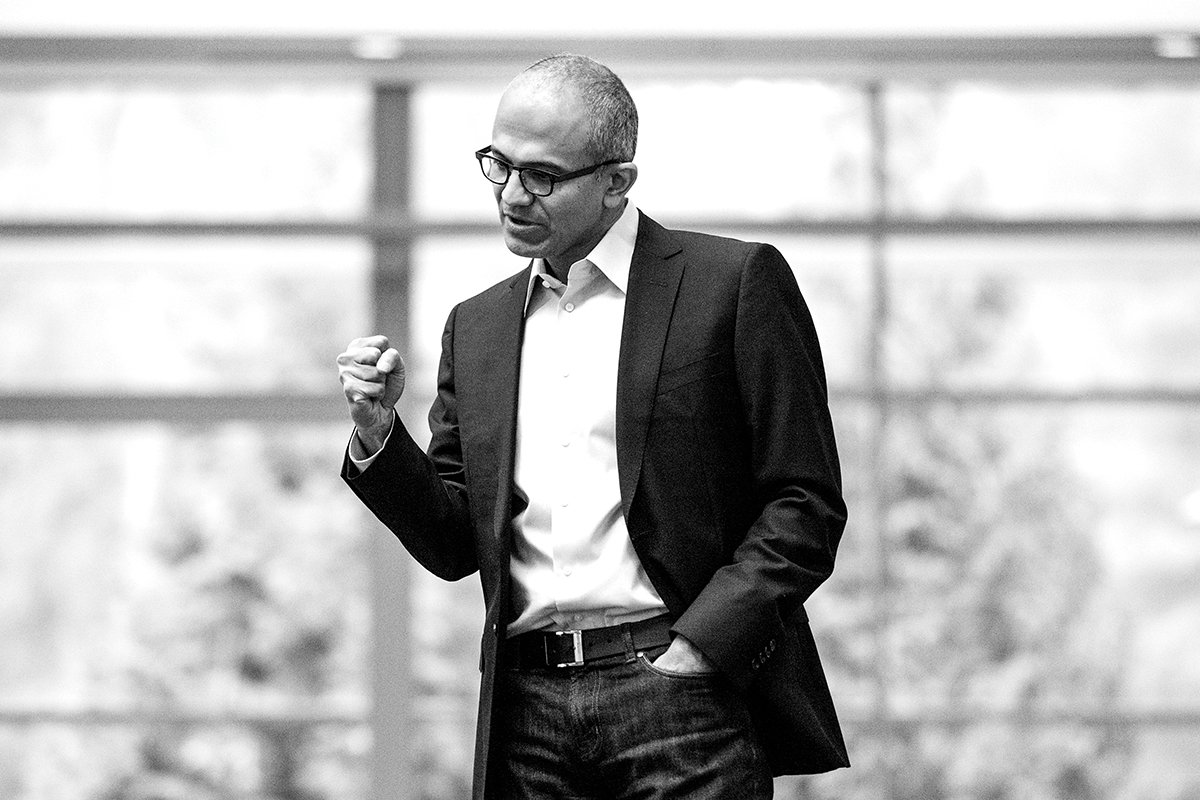Unless the polls are very, very wrong, Gavin Newsom will have beaten Republican businessman John Cox and been elected California’s governor by the time this interview, conducted in late September, is published. If that happens, it will be another watershed in a steady ascent for the 51-year-old California native. If it doesn’t, trust us—he’ll be back.
After his parents divorced when he was about 5 years old, Newsom grew up in modest circumstances in Marin, outside San Francisco. After graduating from Santa Clara University, he briefly commenced a career in real estate, then left to found what is now called the PlumpJack Group, a collection of wineries, hotels, restaurants and bars in Northern California. But politics is the career for which Newsom is best known. Starting as a volunteer for San Francisco mayoral candidate Willie Brown in 1995, Newsom worked his way up the political ladder, eventually running for and winning the mayoralty himself, in 2003 and 2007. His tenure was marked by a 2004 order to the San Francisco city-county clerk to issue marriage licenses to gay couples, a vigorous effort to address San Francisco’s homeless crisis and an effort, not always successful, to reinvent San Francisco city governance. That was followed by two terms as lieutenant governor—a largely symbolic role—under governor Jerry Brown, and now his own gubernatorial campaign.

The governorship of California is one of the most powerful elected offices in the country, if not the world. California is, after all, the world’s fifth-largest economy, and Newsom’s San Francisco is the epicenter of revolutionary tech; Salesforce founder Marc Benioff is godfather to one of Newsom’s four children. At stake for California is not just its own future but also its ability to influence both the country and the world. On issues ranging from climate change to immigration to healthcare to how to fight forest fires, California—and Newsom—has taken policies in stark opposition to those of President Trump, with whom Newsom has often clashed, usually on Twitter, during the campaign. “You are humiliating,” Newsom tweeted at Trump, a “pathetic disgrace.” But, Newsom insists, the Democratic future has to be about more than opposition to Donald Trump. “That is the number one priority and it’s understandable,” he says. “What I fear with the Democratic Party is, what is our positive message? I’d like to see California be a big part of that answer.”
Q: I want to start by asking you about PlumpJack, the wine and hospitality company you founded when you were in your 20s and in which you are still a partner. It’s a part of your story that many people don’t know.
A: It started around the corner from where we’re sitting, at 235 Montgomery Street. I was working for [real estate firm] Shorenstein. I had just gotten my real estate license and was working a 9-to-5 job. My boss, whose name was Craig, came to me after about nine months and said, “You need to get the hell out of here. It’s just not for you.” Craig was an eight-packs-of-cigarettes, 12-coffees-a-day kind of guy, and he says, “You don’t wanna end up like me. What do you care about? What do you love?” I said, “Well, I’ve been thinking about this crazy idea of opening a wine store.”

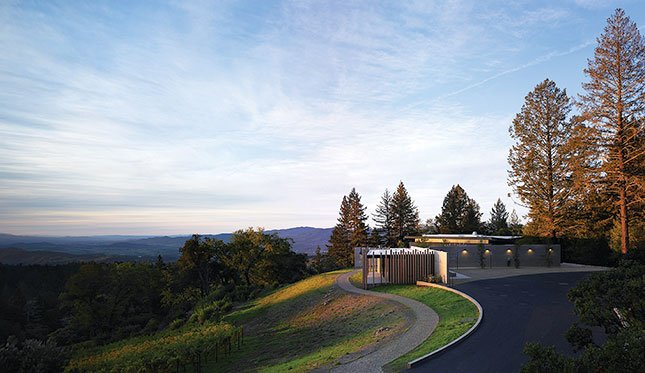
Why wine?
Wine’s connected to my family. It was a divorced family. Wine was the only thing I could truly connect with my father on.
He was an absentee father?
He was around, but my mom raised us. Wine was a big part of his life—food, wine, travel. You grow up around that and you start paying attention. I had a wine cellar with three bottles of wine—you know, Mondavi Coastal Chardonnay or something. I used to show my friends my wine cellar.
How did you make the idea a reality?
It took two years to raise the money and get this thing opened. We had a bunch of investors—$7,500 each. I was able to borrow $7,500 from my dad to be the managing general partner. I didn’t see any money until the partnership was paid back, and then I got a percentage after that. I ran it myself. I was the delivery boy, the accountant, the bookkeeper. I had one part-time employee.
Was there a moment you knew it was going to work?
The first year and a half, it was a disaster. About nine months after I opened, we had a huge heat wave in San Francisco. I couldn’t afford air conditioning, and literally two-thirds of the inventory was lost. This deep moment of panic erupted: I have to do something profound or we’re done. And that got me to hustle and come up with innovative marketing ideas and start making a case that we were not just a boutique wine store for elites, that this is 100 wines under $10, which was a big part of the success of the business.
How did that entrepreneurial experience shape you?
It grounded me in everything that I’m doing today. The most profound, significant experience, that defines more things in more ways on more days, was figuring out a way to make that work.
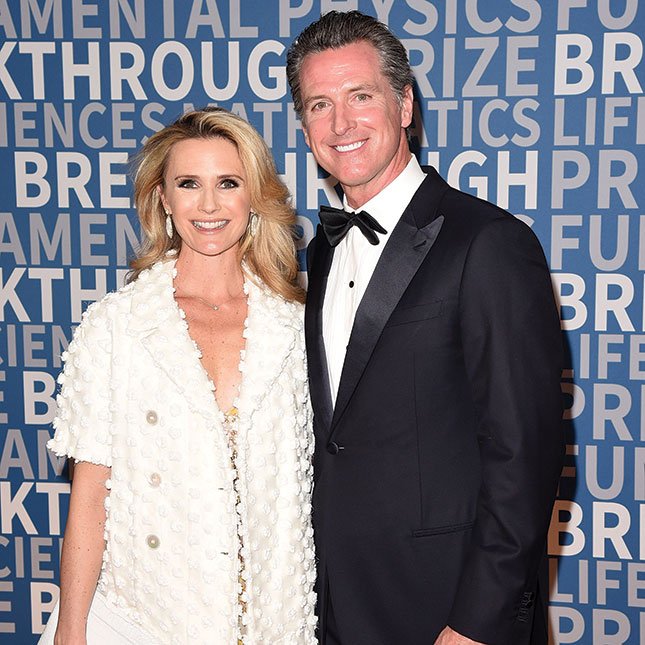
See the complete 2018 Worth Power 100 list here.
Let’s talk about what’s working and what’s not in California. After eight years of Jerry Brown, what is the state of the state?
We took the 20-something-billion-dollar budget deficit, and now we’re debating the size of our surplus, which is, by some estimates, over $8.8 billion. We had 12.4 percent unemployment, now we’re down to the lowest unemployment in recorded history. We’ve had almost 100 consecutive months of net job growth.
But California also has huge issues with homelessness, income inequity and cost of living.
It’s an extraordinary growth story, but it also belies what lies underneath, which is the disparities. Cost of living is the issue in California. Our poverty rates are slightly higher than the national average. They are substantially higher when you look at cost of living.
Particularly here in San Francisco.
Yeah. But even Stockton, Fresno, Bakersfield—throughout the state. Affordability—the cost of rent, housing, college tuition, childcare—is California’s biggest issue and we’re losing, as a consequence, our middle class.
And some of your upper class too, right? I recently interviewed Tony Robbins, who moved from California to Florida and said that the state income tax differential was a big reason. This is obviously a much smaller issue than how cost of living affects the middle class and poor people. But it does have a brain-drain impact.
I don’t dismiss that issue—remember, a very small percentage of taxpayers are responsible for half the income tax in the state, so you have to be cautious. But there’s been no substantial data to back up this notion of an exodus [of affluent taxpayers leaving California]. Frankly, it’s been on the lower end, not on the high end.
In that sense, California is a laboratory, right? You see this affordability question all over the country.
But no state produces less housing than we do, except one—Utah. We’re developing 80,000 to 100,000 housing units on an annual basis. We need to be closer to 300,000 to 400,000.
What explains the shortfall?
NIMBY-ism, primarily. There’s aggressive pushback because people have experienced a certain quality of life and they don’t want to see that impacted.
Homelessness in California seems…
It’s out of control. It’s never been worse.
And contrasted with great wealth in places like San Francisco, Los Angeles and San Diego.
It’s a national problem manifested in California. In one of the surveys I did when I was mayor, 90 percent of the folks out on our streets were not from San Francisco. It is not a static population. As soon as you house 10 people, you have seven or eight arrive.
So what’s the solution?
You’ve got to regionalize strategies to address homelessness.
Which means what?
Big, dense urban cities cannot carry the weight of an entire region. San Mateo County, East Bay, North Bay, folks in Marin, where I live—trust me, we’re not carrying our weight. They don’t want an adult daycare center for mentally ill people. They don’t want to drop a methadone clinic in there. But none of these communities are offering any support or housing. They’re saying, “That’s LA’s problem” or “That’s San Francisco’s problem.” So we’ve laid out a detailed plan to deal with this.
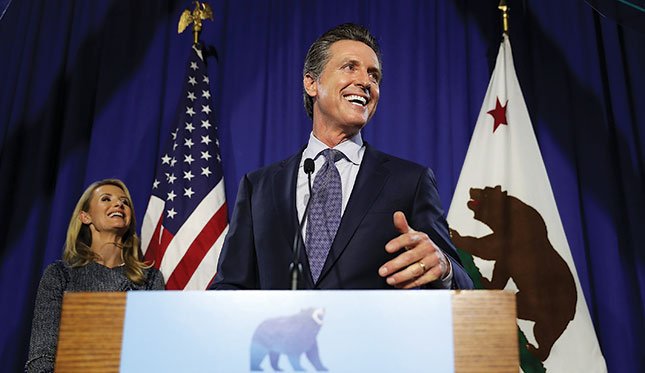
Let’s talk about the issue of wealth and equity generally. The concentration of enormous wealth is a phenomenon that seems unstoppable. What do you do about it?
I don’t begrudge other people’s success. I’m passionate about entrepreneurialism, and you can’t be pro-job and anti-business. So the first plan we put out was an economic and workforce development plan. But I say this to my business friends: Businesses can’t thrive in a world that is failing. And the reality is, it is. It is collapsing. The dream is under threat.
The dream?
There’s only one dream in America. It’s the California dream. There’s no Texas dream or Florida dream. There’s no New York dream.
Let’s get to that later….
My point is, there’s got to be a reconciliation here, and there’s got to be a growing empathy, because there’s an empathy gap as well. And a lot of these [businesspeople] are my close friends.
As mayor of San Francisco, you got a lot done, including some very determined efforts to address the homeless issue. But people sometimes saw you as isolated and arrogant. Are you?
There’s a great old African proverb: If you want to go fast, go alone; you want to go far, go together. I wish someone had acquainted me with that when I was a young mayor. There was an exuberance and energy that often got in the way of building a coalition. We ultimately would prevail, but I made it much more challenging and I didn’t bring everybody along.
So you’ve learned that lesson.
I was 35 years old, a relatively young mayor, and that’s the entrepreneurial mindset. “I came here to get stuff done. I have a mandate.” That’s not how politics works. So I learned and matured.
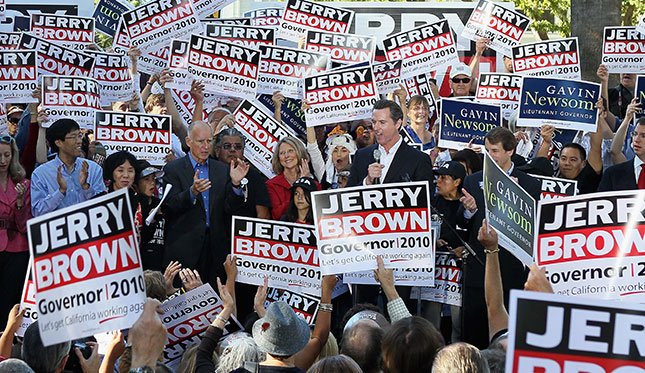
What have you learned from serving as lieutenant governor to Jerry Brown?
He’s on a different level. It’s a lazy cliché, that there’s three-dimensional chess versus playing checkers, but there’s truth to it. He doesn’t have to climb to the top of the mountain to see the other side. I don’t think we’ll ever see anybody like him again.
What’s one specific thing that you’ve learned from him?
That you do not need to be profligate to be progressive.
Let’s talk about the national aspects of your campaign and this election. On any number of issues, the government of California is fighting Donald Trump, and you’ve been outspoken in your opposition to him and his agenda. I’d like to name some of those issues and get your quick take on each. First, trade and tariffs.
Profound issue. I just finished our [campaign] bus tour in the Central Valley. The biggest issues: water and Trump. We have a record almond crop this year and now a 50 percent tax [on exports to China]. It’s having a profound impact.
Ok. How about fuel efficiency standards for cars, which the Trump administration wants to relax, while California has the toughest standards in the nation.
It goes deep into who we are as a state.
Net neutrality, which the Trump administration has ended and which California has passed a law to maintain, for which you are now being sued by the justice department.
Tectonic plate. We stepped in the void of the leadership federally and it will have national ramifications. Just as our fuel efficiency standards have.
Climate change.
International ramifications. We’re leading not just the country, we’re leading the rest of the world as well.
Sanctuary cities.
We’re leading the national debate, but by no means are sanctuary policies unique to us. Rudy Giuliani was an advocate of sanctuary policy when he was mayor of New York. I’d like Mr. Trump to talk to his attorney about the efficacy of that program.
Offshore drilling.
Not gonna happen. Period, full stop. That is baked in broadly to the consciousness of the vast majority of Californians regardless of political stripe.
Gun control.
We’re a national leader—Massachusetts and California—and we’re about to do something no state in American history has done. In January, I hopefully get sworn in and then I’ll be responsible for implementing the first statewide background check system for all ammunition purchases—not just gun purchases.
The wall with Mexico.
A 10th-century solution to a 21st-century problem. You secure the border in multifaceted ways, not building a moat and a large concrete structure that is easily tunneled or easily traversed by a rope or a ladder.
Legalizing marijuana.
A process that’s going to unfold over the course of many years.
Abortion rights.
Even if Roe v. Wade is overturned, Californians will be protected. California will continue to be a national leader on reproductive rights.
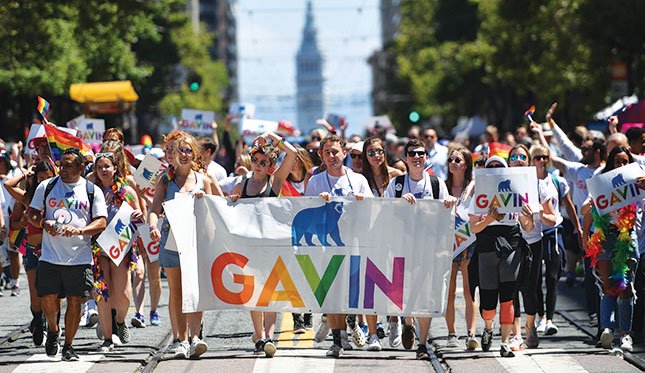
During your recent campaign, you not only disagreed with Trump on the issues, but also you attacked him—as he has you—in personal terms.
We’ve been aggressive.
You called him “pathetic” and “humiliating.” This language is so personal, it feel like it goes beyond policy for you.
Yeah, it’s personal. When you attack diverse communities, when you attack the LGBTQ community, I take those things personally. When you attack mixed-status families and you scare children—and I’ve met these kids, these Dreamers, the DACA recipients—and you put their lives in this kind of anxiety and turmoil…yeah, I take it very personally. On behalf of the people in this state and country.
At one point, you basically called the president gutless.
One of the things I really did admire about the Republican brand was this notion of tough stuff, step up, make a go of it, take responsibility. This guy takes responsibility for nothing. Nothing. He’s a victim about everything. He is a man-child.
But presumably the governor of California has to work with the president of the United States on some things.
He’s not my cup of tea and I can’t fake it. That said, I don’t wake up every day saying, “Hey, let’s go after Trump today.” It’s, “Did you read this or did you see that? What are we going to say about it?” That’s my approach. And then, in areas where we can work together, we need to work together.
In recent months, Trump critics ranging from left-wing activists like Michael Moore to former secretary of state Madeleine Albright and Yale professor Jason Stanley have been arguing that Trump represents a threat to democracy and possibly is ushering in the rise of fascism in America. Do you agree that Trump is a threat to American democracy?
Could not agree more. In fact, it became an issue in our campaign this primary. The knock I was getting from other leading Democrats was that I’m spending too much time attacking Trumpism, but it was in essence making that same point: This is real, this is serious, this is a crisis. You can’t be complicit. You can’t turn a blind eye. You can’t act like it doesn’t exist. It does.
But is the rise of fascism really a credible conversation?
Trump’s lack of familiarity with restraint and recognition of the Constitution leads one to at least explore the notion that he perceives the world exclusively from his set of eyes. So I understand why people take that leap. I’m not wanting to go there yet, but I’m open to those who make arguments.
You talked before about the California dream. What does that mean, the “California dream,” and how do you integrate that back into the rest of the country? Because right now there is this sense that California is its own universe.
The future happens here first. I honestly believe that. Innovation, entrepreneurial spirit, more science, more researchers, more engineers, more Nobel laureates in this state than any other state. It’s a remarkably dynamic place that really is America’s coming attraction.


